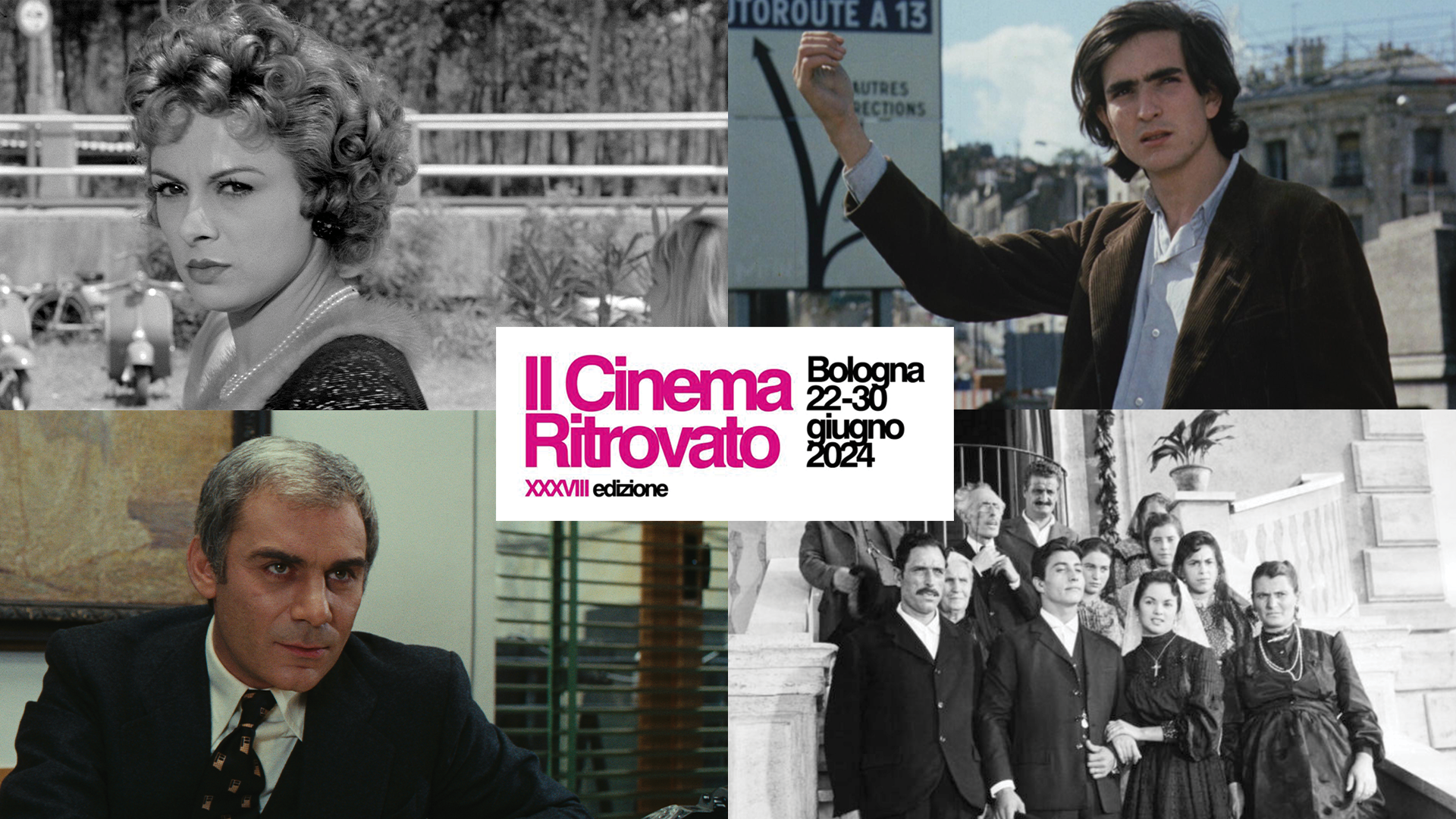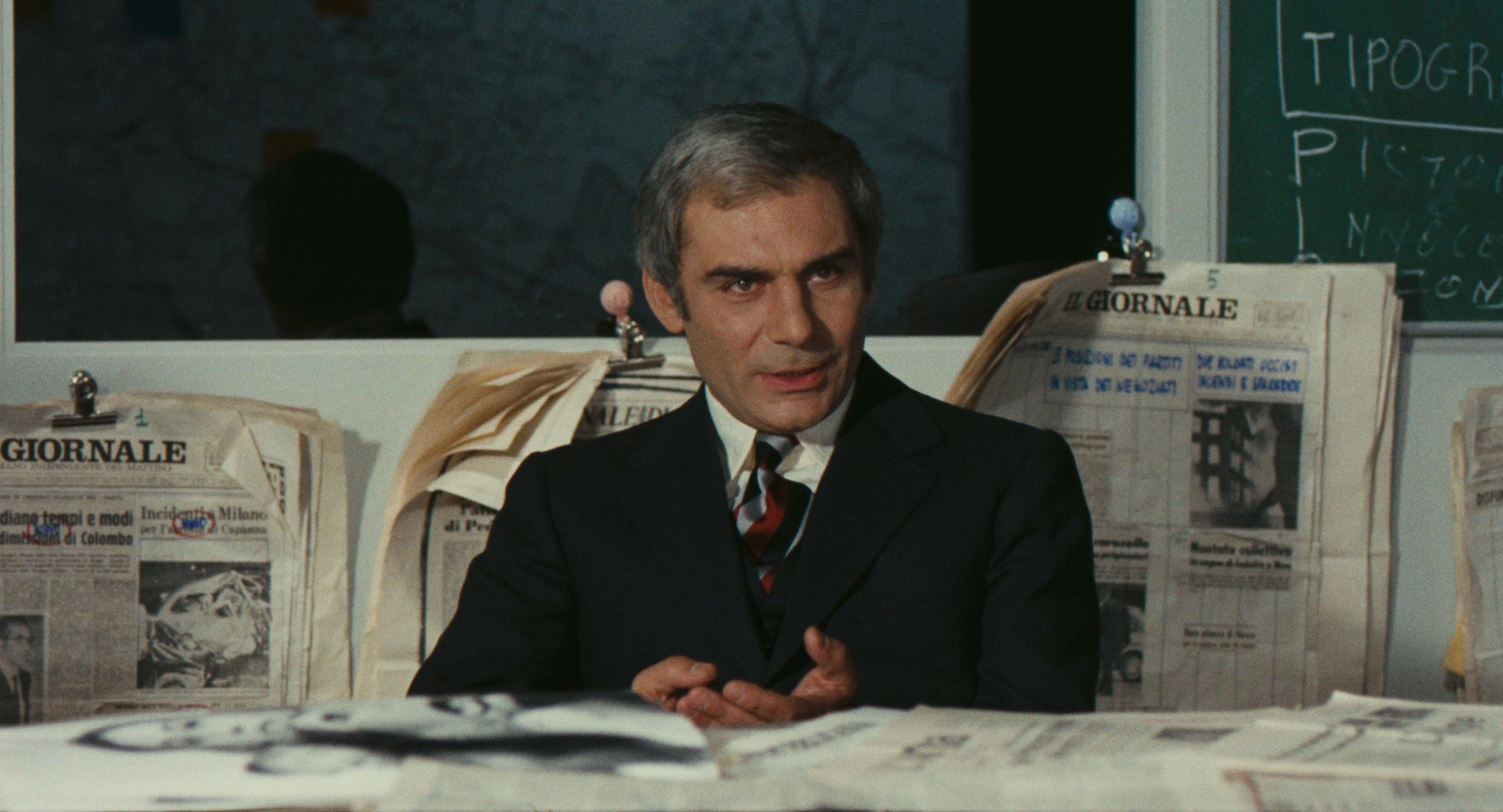Minerva Pictures at Il Cinema Ritrovato in Bologna with four titles showcased!
14 June 2024
Bologna opens the gates to a cinephile paradise with the 38th edition of the Il Cinema Ritrovato festival, taking place in the shadow of the Two Towers from June 22nd to 30th. This year, Minerva Pictures will again be present with four titles in the lineup!
The festival kicks off on Tuesday, June 25th at 3:15 PM at Cinema Europa with Pietro Germi’s Guerra 1915-18 (an episode from Amori di mezzo secolo, 1954), as part of the Pietro Germi retrospective, Pietro Germi, the Uncomfortable Witness. “Among directors of his generation, although not seeking to stand out as an auteur and staying true to a popular vocation, Germi is among those who have focused not only on the perfection of scripts but also on the strength of staging, the power of constructing a frame, a scene, a rhythm,” (from the Il Cinema Ritrovato program, curated by Emiliano Morreale).
On Wednesday, June 26th, a 9:45 PM appointment in Piazza Maggiore is set for the presentation of the new 4K restoration of Antonio Pietrangeli‘s La visita (1963), featuring a magnificent Sandra Milo. The introduction will be provided by Sergio Castellitto, President of the Centro Sperimentale di Cinematografia. The screening will precede a selection of recently restored Lumière films, presented by Thierry Frémaux (Institut Lumière). The restoration is a collaboration between CSC-Cineteca Nazionale and Minerva Pictures.
On Thursday, June 27th at 4:45 PM at Cinema Modernissimo, we will present the national premiere of the restored 4K version of Slap the Monster on Page One (1972), directed by Marco Bellocchio and starring Gian Maria Volonté, with the director in attendance. Presented at the 2024 Cannes Film Festival in the Cannes Classics section, the restoration, realized by the Cineteca di Bologna in collaboration with Surf Film, Kavac Film, and Minerva Pictures, will return to cinemas across Italy from July 4th with 01 Distribution and Minerva Pictures.
The programming sponsored by Minerva Pictures concludes on Friday, June 28th at 2:30 PM at Cinema Arlecchino with the 4K restoration of Four Nights of a Dreamer (1971), by Robert Bresson. Inspired by Fyodor Dostoevsky’s White Nights, the work was presented at the Directors’ Fortnight of the 24th Cannes Film Festival.
See you in Bologna from June 22nd to 30th!

